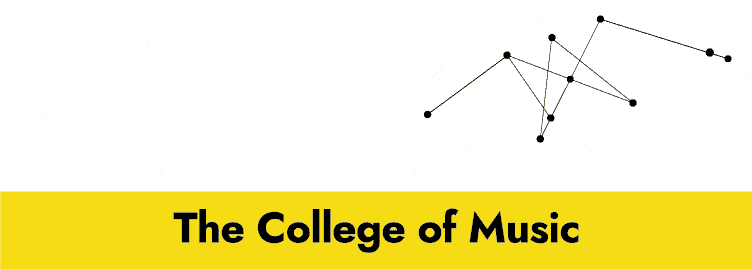
If you’re writing unique music or songs, at some point in your music career you may be presented with a publishing deal opportunity. The chances are that if you are currently an independent artist, you own all the rights to your music and are acting as your own publisher, but at some point you may be presented with additional options.
Here are the basics of what you need to know before signing on the dotted line…
There are certain rights that apply to different parts of music creation. The rights for the song are in publishing, whereas recorded music rights are separate. Recorded music rights can belong to labels if you have a record deal and some record labels may include publishing, but a publishing deal is different from a record deal and should be thought of separately. The reason for this is that sheet music pre-dates recorded music, so royalties can be recouped on either or both. Furthermore, you don’t have to be an artist to cash in on publishing rights. Songwriters and co-writers can benefit from a publishing deal without being the face of the project.
In an administration agreement, the creator retains ownership for the composition and the publisher takes a fee for providing registration for your songs with collection societies, while collecting royalties on your behalf. That fee is typically around the 10-15% mark. Royalties are collected from worldwide territories, making this a logistically good route for artists who release music in a multitude of places, while remaining in full control of their compositions.
Main Benefits:
If you are working with a label, an administration licensing agreement may be a publishing deal you come across. This type of deal allows the creator to provide the label with a license to market and distribute for a percentage of the sale.
This is the most common deal for the modern-day artist. Unlike the administration agreement, in a co-publishing agreement the creator splits ownership with the publishing company. Therefore the artist gives up an amount of control over their composition, but the return can be greater as the publishing company has a vested interest.
In this kind of deal, a publisher typically takes a cut of 25% of the total revenue from songs and will usually gives an advance to the writer. This monetary advance is like a loan and the publishing company will recoup this amount before paying out to the artist. This gives them more motivation to make money from your songs. A good publisher will aim to get your songs in adverts, films, games etc. and can even facilitate co-writes to boost your earnings.
Main Benefits:
Although not very common, a full publishing deal signs over the publishing share to a publishing company so that the publishers essentially own the songs. Advances can be larger, but after it is recouped the artist would only receive 50% of the total revenue of songs.
Similarly to the full publishing deal, work for hire means giving up all ownership for a flat rate for the life of the copyright. This is particularly seen in film and advertising.
If you are not signed up to a publishing deal, you are currently your own publisher. This makes you responsible for collecting your own royalties. Look into PRS for Music for easy royalty collection worldwide, without the need for a publishing deal.
For many artists, publishing deals only come into play when they have a number of things in place, including a sizeable audience, radio play and management. This is because a publishing company will want to see that it will be worth their time and effort to collect on your behalf and earn through their percentage take. If your band is doing really well before getting a publisher on board, the writers have more leverage to negotiate a better split and terms of the deal.
When it comes down to getting a good deal and not getting tied into something that is less than ideal, it comes down to a few simple things.
What kind of deal are they offering and what does this mean for your split? Is the publishing company reputable? What other deals could be available to you?
Are the terms and conditions reasonable? Do you understand the small print?
If you have any questions or queries, make sure you get independent advice before signing on the dotted line.

- ‘Water bear’ is the common name for a Tardigrade.
- Tardigrades are micro creatures, found everywhere on earth.
- They are the most resilient creatures known.
- They can survive and adapt to their surroundings, even in outer space.
- Their resilience and ability to adapt and survive inspires us in everything we do. We love them.


WaterBear Education Ltd, Hanover House,
118 Queens Road, Brighton BN1 3XG, UK Map
Email: info@waterbear.org.uk
Tel: +44 (0) 1273 726230
WaterBear Sheffield, Unit 4, Gatecrasher,
49 Eyre Lane, Sheffield S1 4RB, UK
Email: infosheffield@waterbear.org.uk
Tel: +44 (0) 1143 992720

WaterBear Education Ltd, Hanover House,
118 Queens Road, Brighton BN1 3XG, UK Map
Email: info@waterbear.org.uk
Tel: +44 (0) 1273 726230
WaterBear Sheffield, Unit 4, Gatecrasher,
49 Eyre Lane, Sheffield S1 4RB, UK
Email: infosheffield@waterbear.org.uk
Tel: +44 (0) 1143 992720
- ‘Water bear’ is the common name for a Tardigrade.
- Tardigrades are micro creatures, found everywhere on earth.
- They are the most resilient creatures known.
- They can survive and adapt to their surroundings, even in outer space.
- Their resilience and ability to adapt and survive inspires us in everything we do. We love them.
